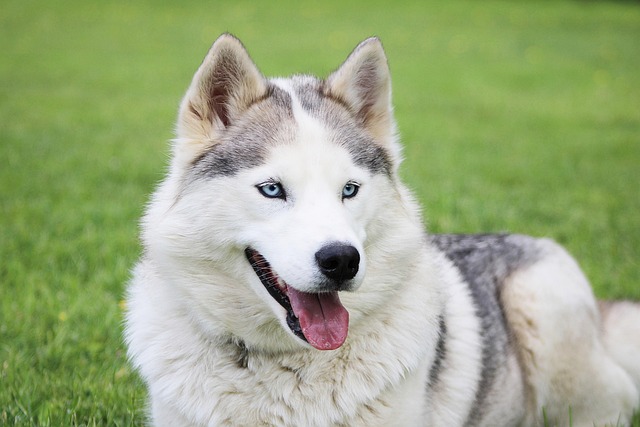
What is glaucoma in a dog?
You might notice your dog squinting more at mealtime or avoiding bright sunlight—these small changes could be early signs of a serious eye condition.
If you’ve noticed your dog eating less lately or their ribs starting to show more than usual, it’s natural to worry—and for good reason: kidney disease is one of the common culprits behind unexplained weight loss in dogs. The kidneys play a huge role in filtering waste and keeping nutrients in the body, so when they’re not working right, even a normal diet can stop being absorbed properly. Your dog might lose weight not because they’re eating less, but because their body can’t hold onto the calories and nutrients it needs to stay healthy.
Part of why this happens is tied to how kidney disease affects appetite. As waste builds up in their system, dogs with kidney issues often feel nauseous or tired—two things that kill their desire to eat. Even if they take a few bites, they might not finish their bowl, and over time, those missed meals add up to noticeable weight loss. Some dogs also start avoiding certain foods, especially ones high in protein, because their kidneys can’t process the waste from protein as easily anymore. It’s not that they’re being picky; their bodies are trying to tell you something’s wrong.
 It’s crucial to act fast if you suspect kidney disease, and that means following local veterinary guidelines—most areas require regular check-ups for pets, but even if yours is up to date, don’t wait for their next appointment. Many vets offer urgent care for symptoms like sudden weight loss, and catching kidney disease early can make a huge difference in how your dog responds to treatment. Also, keep in mind that some treatments might be covered by pet insurance, which is common in many places—checking your policy can help ease the stress of medical costs.
It’s crucial to act fast if you suspect kidney disease, and that means following local veterinary guidelines—most areas require regular check-ups for pets, but even if yours is up to date, don’t wait for their next appointment. Many vets offer urgent care for symptoms like sudden weight loss, and catching kidney disease early can make a huge difference in how your dog responds to treatment. Also, keep in mind that some treatments might be covered by pet insurance, which is common in many places—checking your policy can help ease the stress of medical costs.
You can also support your dog at home while working with your vet. If they’re not eating much, try warming up their food slightly to make it more enticing, or ask your vet about safe, low-protein treats that won’t strain their kidneys. Keeping fresh water available at all times is also key—kidney disease often makes dogs thirsty, and staying hydrated helps their body function better. Just be sure not to make any major diet changes on your own; your vet will create a plan that’s tailored to your dog’s specific needs, and straying from it could do more harm than good.
Watching your dog lose weight because of illness is never easy, but knowing the link between kidney disease and weight loss helps you take action sooner. With the right vet care, a supportive diet, and plenty of love, many dogs with kidney disease go on to live happy, comfortable lives. Paying attention to those small changes—like a half-eaten bowl or a little less energy—isn’t being overly worried; it’s being the kind of pet parent who knows their dog best, and that’s the most important thing you can be for them.

You might notice your dog squinting more at mealtime or avoiding bright sunlight—these small changes could be early signs of a serious eye condition.

Let’s set the scene: It’s a sweltering Phoenix afternoon—105°F outside—and you rushed your 2-year-old Lab mix, Cooper, on a quick walk to “get it over with.”

Let’s get real: You’re in your Miami apartment, watching your 3-year-old Corgi, Loki, struggle to climb the stairs to your second-floor unit.

Many dog owners brush off occasional scratching as just “dog behavior,” but persistent itching often signals something more—like a food allergy.

You might first notice your dog scratching more than usual—chewing at their paws until the fur looks thin, or rubbing their face against the couch nonstop.

Let’s be real: You’re standing in your Chicago apartment, watching your 3-year-old Beagle, Max, huff and puff just to climb onto the couch.